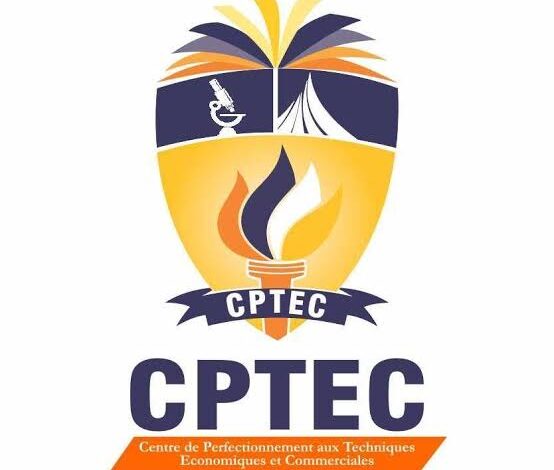CPTEC urges clarity from Nigerian Government on degree accreditation in Togo
September 2, 2024 2024-09-02 14:14CPTEC urges clarity from Nigerian Government on degree accreditation in Togo
The Centre de Perfectionnement aux Techniques Economiques et Commerciales (CPTEC) in the Republic of Togo has responded to recent statements by Nigeria’s Minister of Education, Professor Tahir Mamman SAN, concerning the accreditation of higher education institutions in Togo and Benin Republic.
Speaking to journalists on Thursday in Lagos, CPTEC’s President and co-founder, Professor Tunde Adeyemi, addressed the press release and subsequent remarks made by the Nigerian Education Minister on August 23, 2024.
Professor Mamman’s comments had questioned the legitimacy of degrees awarded by institutions in Togo and Benin Republic, suggesting that only three universities in Togo and five in Benin are officially recognized and licensed to offer degrees. The minister warned that graduates from any other institutions are presenting fraudulent certificates, and reported that approximately 1,105 Nigerian students had obtained fake degrees from Togo between 2019 and 2023.
Reacting to the development, Professor Adeyemi criticized these statements, explaining that they came after Nigeria suspended the accreditation and evaluation of degree certificates from Togo due to concerns about fraudulent qualifications. He emphasized that this decision was initially triggered by incidents in Benin Republic, not Togo, and argued that Togolese institutions should not have been affected by these actions.
Adeyemi also pointed out that the Nigerian Ministry of Education had not provided specific findings or recommendations from its investigation, leaving stakeholders in the dark about which institutions were implicated.
He disputed the minister’s claim that only three universities in Togo are accredited to award degrees, stating that the Ministry of Higher Learning in Togo had provided the Nigerian authorities with a list of over forty degree-awarding institutions.
Adeyemi suggested that the Nigerian committee may have misunderstood the structure of the French educational system, which includes universities, institutes, centers, and higher colleges—all of which are capable of awarding degrees. He noted that this system is common in other French-speaking countries and several developed nations worldwide, where the term “university” is not the only designation for a degree-awarding institution.
“Established in 2003, CPTEC is one such accredited institution recognized by the Togolese government for offering degrees in various specialized fields. The institution has a longstanding reputation for quality education, with its current accreditation valid until 2029,” he stated.
Adeyemi called on the Nigerian Ministry of Education to review detailed accreditation records through diplomatic channels and the Ministry of Higher Learning in Togo.
Highlighting the potential consequences of the misinformation, he warned that such statements could lead to regional tensions and limit educational opportunities for Nigerians studying in Togo. He urged the Nigerian government to reassess its stance and pursue a more accurate and constructive solution to the issue.
“CPTEC remains committed to advocating for fair evaluation processes and providing quality education to international students, including many Nigerians. The institution was founded to advance technical, economic, and commercial education in Togo and has earned a reputation for excellence over the past two decades,” he said.
Professor Adeyemi encouraged all interested parties and members of the general public to verify the authenticity of CPTEC by visiting the institute’s official website at www.cptecedu.org.
Highlighting that the website offers detailed information about CPTEC’s accreditation, academic programs, and unwavering commitment to quality education, Professor Adeyemi concluded by urging support from students, parents, and alumni.
He also called on the Nigerian government to reconsider its decision, which he noted was capable of damaging the educational and professional opportunities of Nigerian youth in the region.










